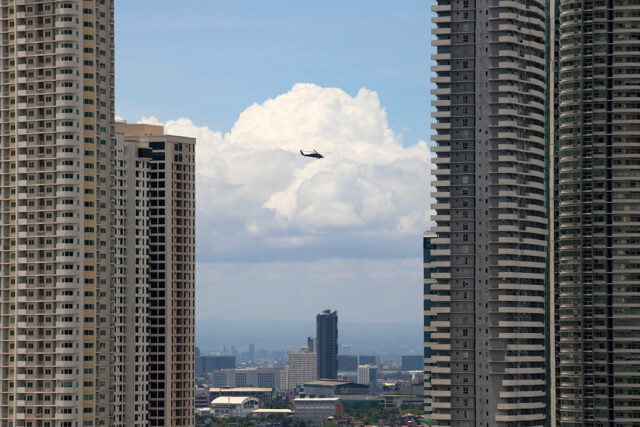THE EUROPEAN Chamber of Commerce of the Philippines (ECCP) has identified its advocacy recommendations across 12 key sectors that will help create a business environment that fosters investment, innovation, and sustainable growth.
“This year’s Advocacy Papers capture the perspectives of our committees, reflecting the expertise and dedication of ECCP members across a wide range of industries,” ECCP President Paulo Duarte said in a statement.
He said recent reforms in the country, including the passage of the Corporate Recovery and Tax Incentives for Enterprises to Maximize Opportunities for Reinvigorating the Economy (CREATE MORE) Act, have been encouraging.
“Further progress in improving the ease of doing business and ensuring a level playing field for both local and foreign enterprises will be vital to unlocking the Philippines’ full potential as an investment destination,” he added.
This year’s Advocacy Papers span 12 sectors, which are agriculture, automotive, aviation, customs and logistics, environment and water, food and beverage, healthcare, human capital and education, infrastructure, renewable energy, tax and financial services, and tourism.
Under agriculture, the ECCP recommended the passage of the Animal Industry Development and Competitiveness Act to address the challenges in productivity, resilience, and market access of the Philippines’ animal sector value chains.
“The proposed law creates a unified institutional and fiscal framework, including the design of a multi-year competitiveness fund and clearer mandates for implementing agencies,” the group said.
This framework is expected to “enable sustained investments in feed and genetics, slaughter and cold-chain infrastructure, and disease-control capacity rather than the ad hoc, year-to-year programming typical under the current architecture.”
The group also recommended scaling value-chain investments around prioritized commodity roadmaps, accelerating climate-resilient cold-chain and aggregation infrastructure dispersal, institutionalizing data-driven agricultural insurance, and dedicating funding for biosecurity.
It also called for the harmonization of veterinary product regulation, integration of market access and sanitary and phytosanitary compliance for public agricultural investments, expanded financing for smallholder farmers, and the accelerated enactment of the National Land Use Act.
For the automotive sector, the ECCP asked for the elimination of import duties for European automotive brands, streamlined border procedures and certification, predictability of incentives and regulatory frameworks, and development of a support program for electric vehicle (EV) adoption.
It also called for the inclusion of road safety education into the basic education curriculum, requiring regular calibration and testing for critical electronics in EVs, and safety laws related to child car seats, dash cams, and dark car tints.
For aviation, the chamber sought more investments in the modernization of transport infrastructure and aviation safety oversight, improvements in the frameworks regulating the air transport sector, and the ratification of the Cape Town Agreement.
The groups asked for an incentive framework for competitive and sustainable aviation, strengthening human capital for the aviation sector, and integration of sustainability in the Philippine Aviation Strategy.
In logistics, the group asked for the promotion of ease of doing business, including operationalization of the National Single Window, enforcement and update of Citizen’s Charters, and establishment of guidelines to regulate charges imposed by international shipping lines.
The ECCP also recommended the amendments to the Philippine Ports Authority Charter and the passage of the Blue Economy Act and the Maritime Trade Competitiveness Act.
In the area of environment, the group asked for the implementation of the Extended Producers’ Responsibility (EPR) Scheme, incentive-based measures under EPR law, and the integration of environmental education in the curriculum.
Under food and beverage, the group is seeking the proper implementation of front-of-package labeling, implementation of policies regarding marketing to kids, education efforts that recognize benefits of prepackaged food, review of food taxes, and promotion of ease of doing business.
In healthcare, the group is asking for the expansion of Philippine Health Insurance Corp.’s coverage and the proper implementation of the New Government Procurement Act.
Meanwhile, ECCP is seeking enhanced curriculum for the basic education system, enhanced training programs for teachers, accelerated facility provisioning, strengthened vocational programs, enhanced support programs for private schools, and improved nutrition programs.
The group is also recommending revisions to the apprenticeship law, eased restrictions on the employment of foreign nationals, passage of the Enterprise Productivity Act, and reconsideration of across-the-board wage mandates.
In the area of infrastructure, the group is pushing for funds allocation for green infrastructure and faster blended cement adoption, implementation of the Mandanas-Garcia ruling, ensuring sanctity of public-private partnership contracts, and a level playing field for local and foreign-owned contractors.
The group is also seeking effective implementation of the Konektadong Pinoy Act, accelerated digital infrastructure development, development of a future-ready workforce, improvements in ease of doing business and cyber-resilience, and integration of regional development into the national information and communications technology strategy.
It also asked for improved ease of doing business and green financing mechanisms, effective implementation of the Energy Efficiency and Conservation Act, and the establishment of a policy framework for waste-to-energy technologies.
The group is also asking the government to digitalize and streamline tax processes, accelerate e-invoicing, resolve ambiguity in cross-border taxation, standardize tax assessment and valuations, establish a carbon credits facility, and strengthen tax awareness.
For tourism, ECCP recommended improvements to international and domestic connectivity, promotion of domestic and international tourism, restructuring of the Civil Aviation Authority of the Philippines, and integration of sustainability in a long-term tourism strategy.
The group also expressed support in the establishment of an independent agency focused on the development of Philippine airports through the Philippine Airports Authority and the creation of a Philippine Transportation Safety Board. — Justine Irish D. Tabile
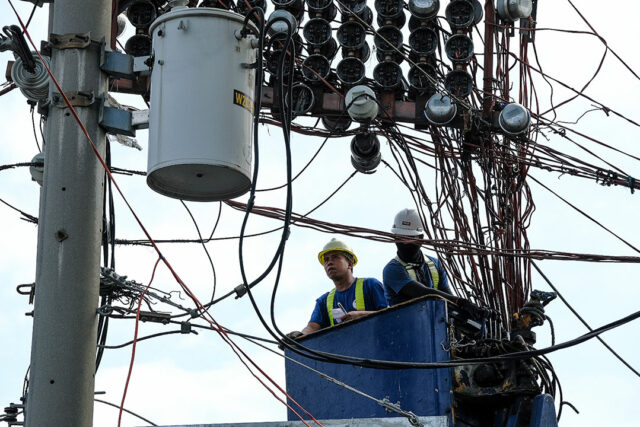






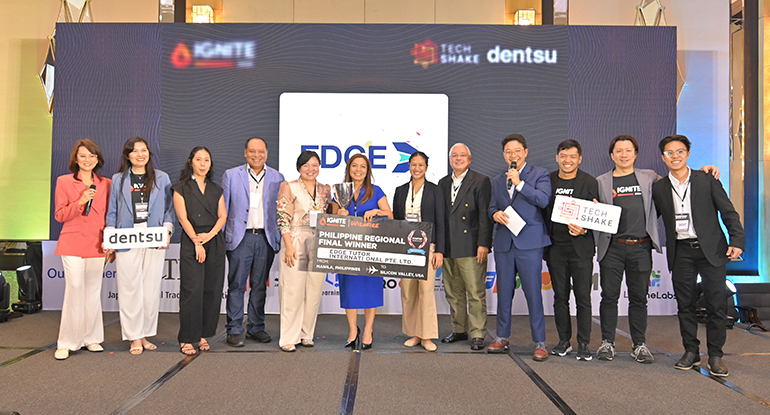 The following morning, the event came alive with opening remarks from key figures shaping regional innovation: Executive Director Kazuo Nakamura of Japan External Trade Organization (JETRO) Manila; Director III
The following morning, the event came alive with opening remarks from key figures shaping regional innovation: Executive Director Kazuo Nakamura of Japan External Trade Organization (JETRO) Manila; Director III 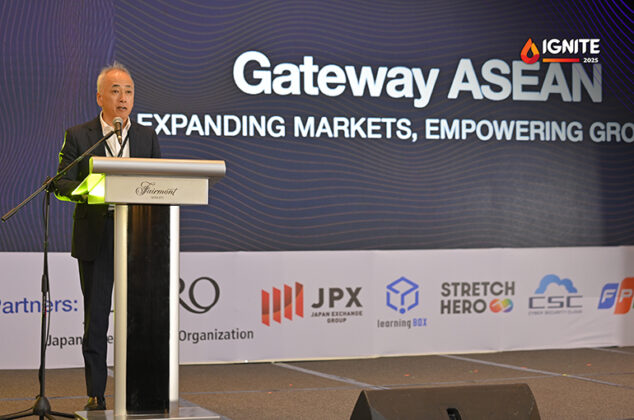
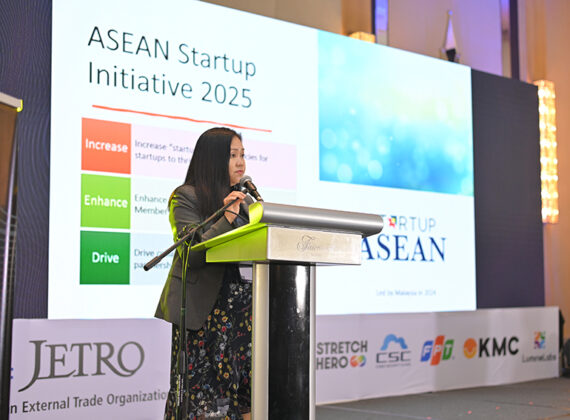
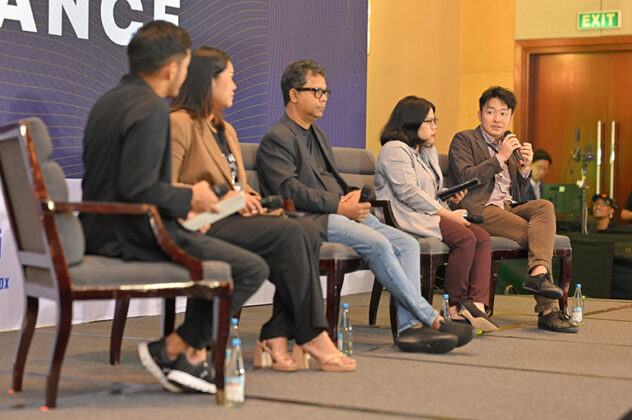
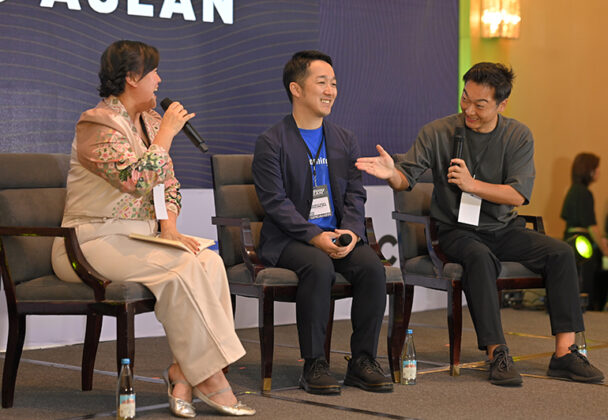
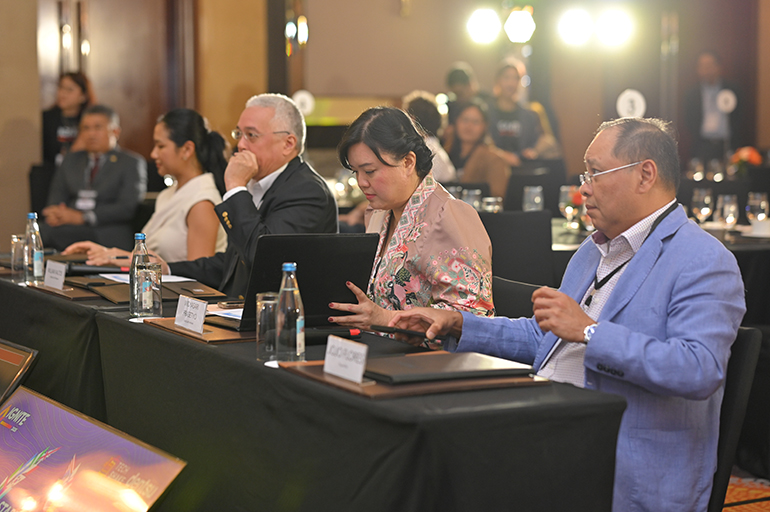
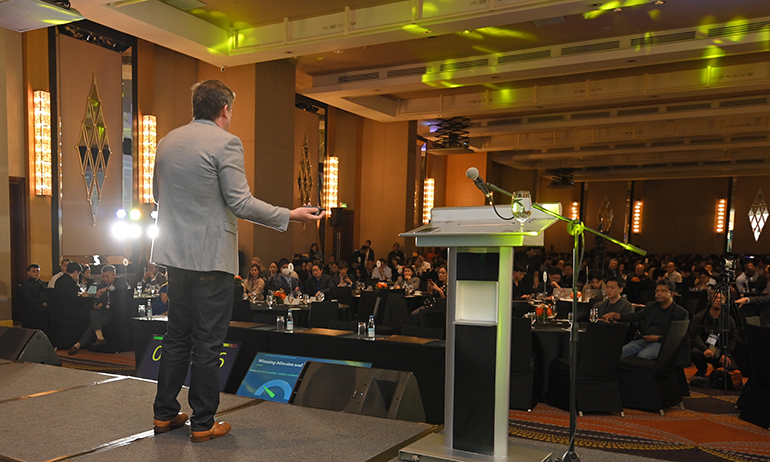 This year’s IGNITE 2025: Gateway ASEAN: Expanding Markets, Empowering Growth brought together over 1,000 participants, including investors, startups, and corporate innovators, supported by more than 70 community partners and a broad network of media partners such as
This year’s IGNITE 2025: Gateway ASEAN: Expanding Markets, Empowering Growth brought together over 1,000 participants, including investors, startups, and corporate innovators, supported by more than 70 community partners and a broad network of media partners such as 


